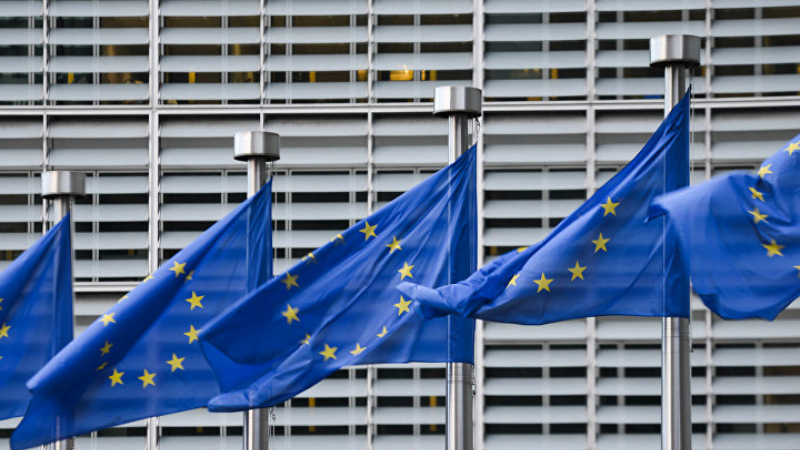MEPs expressed concern over “first indications” that “some EU countries” may be seeking to use post-Covid recovery funding to replace national expenditure and have called on the European Commission to carry out additional checks to prevent that from happening.
The Budgetary Control Committee has also raised concerns over a lack of an effective control system and warned the EU Recovery and Resilience Facility (RRF) funds could attract misuse, fraud and organised crime.
Malta recently received its first RRF payment of €53.3 million out of a total of €316 million allocated for the country.
The Shift has reported how one of Malta RRF projects – a €16 million project entirely funded by the RRF for a new ferry landing, breakwater and ancillary facilities in Bugibba – is threatening a Natura 2000 marine site off the coast of Buġibba, which the EU itself has designated for protection and which may be in violation of EU rules. It could eventually be disqualified from RRF and EU funding.

The old breakwater on the Bugibba seafront, which is set to be replaced by a much larger version as part of the RRF-funded ferry landing project that threatens the area’s EU-protected marine ecology, Photo: ERA
While the MEPs on the committee responsible for discharging EU funds did not mention Malta, or any other country for that matter, by name in either context, Malta’s handling of its €316 million slice of the pan-EU post-Covid recovery funding facility is clearly in their sights.
That is because when it comes to their concerns about some countries attempting to use RRF funds to replace national expenditure, Malta has made a glaring attempt to have the practice enshrined in the facility itself.
It was recently uncovered how the Maltese delegation negotiating the country’s prospective funding from the RRF’s €700 billion fund had lobbied to include old projects in its funding programme.
The finding comes from an ‘access to documents’ request from Follow the Money for the EU Council’s 250-page document containing member states’ positions on the then-draft regulation.
The document shows how the Maltese delegation contended, “We feel that the concept of retroactive eligibility should be taken into consideration, thus allowing member states sufficient flexibility to include proposals for reforms that would have already taken place.”
The line of reasoning flies in the face of the RRF’s stipulation that payments through the programme are conditional on the pledged reforms achieved.
The document shows diplomats from France, Cyprus, Latvia and Hungary joined Malta in lobbying for the inclusion of projects already underway, completed or near completion in the new funding.
The Committee’s co-rapporteur Monika Hohlmeier (EPP, DE) said this week: “We are yet to be reassured that recovery money will reach the final beneficiaries in due time and will not be used by member states for other purposes.”
In its resolution, the European Parliament committee holding the EU funding purse strings warned that since the RRF was set up “under time pressure”, control requirements are much lighter than those in place for cohesion and agriculture funds.
MEPs also questioned the Commission’s assessment of national compliance with ‘milestones and targets’ (conditional criteria for EU countries to receive RRF payments) and stressed their lack of clarity and comparable definitions.
MEPs also warned that they might attract misuse, fraud and organised crime. They asked the Commission to ensure that the member states’ internal control systems and rules to prevent and detect fraud, corruption and conflicts of interest are in place.
They also requested that a fraud reporting mechanism be introduced, reporting to the Commission and the European Public Prosecutor’s Office.
They said the Commission must refrain from assessing compliance “on the basis of political negotiations”.













‘They asked the Commission to ensure that the member states’ internal control systems and rules to prevent and detect fraud, corruption and conflicts of interest are in place.’
I am sure that some people in some of the member states already have ‘a cunning plan’ to ensure that these control systems are circumvented and don’t stand in the way of their (vested) interests.